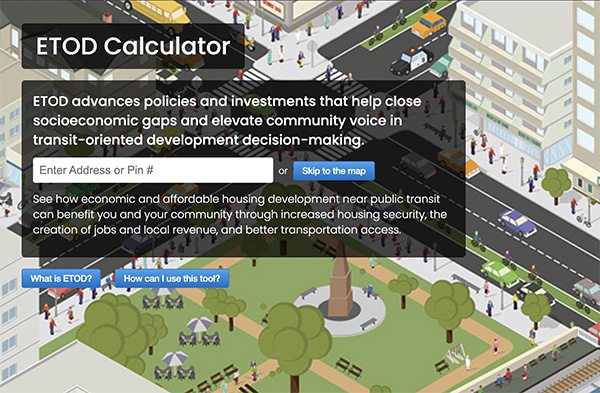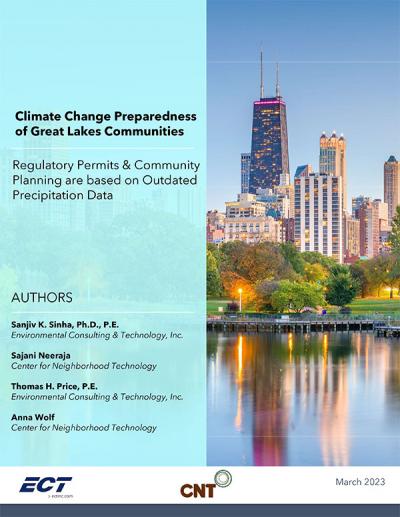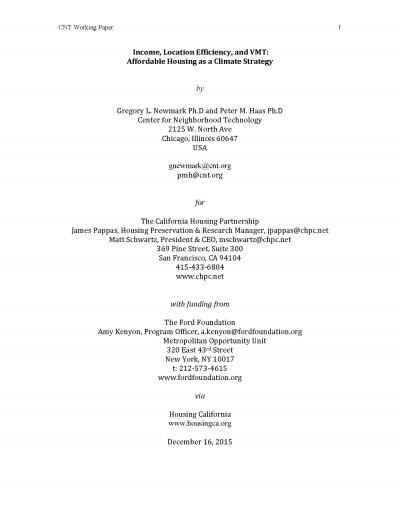Our work helps cities become resilient in the face of climate change. As weather patterns become more volatile and natural resources become increasingly scarce, it is important to have innovative but achievable systems in place to help cities, businesses, and individuals adapt.
From flood-proofing homes to promoting lower-carbon transit options to making freight movement greener, our work provides tangible climate strategies that save people money. Solutions like these also offer promising business opportunities that can help grow local economies while shrinking the impact of climate change.
Our unique approach to climate change action includes place-based quantification of emissions sources and the benefits of reductions to help communities target their efforts.
One way we help cities and neighborhoods maximize the impact of climate innovations is through the EcoDistrict framework. EcoDistricts link energy, transportation, water, and land use in an integrated, efficient, and equitable resource system at the district scale.
What does this mean for you? CNT’s work has found that:
- City residents emit fewer greenhouse gases (GHGs) per capita than residents of sprawling, auto-oriented places, making compact development a valuable strategy for lowering carbon emissions.
- The effects of climate change are already starting to increase rainfall in many parts of the country. Low-cost solutions like RainReady℠ Home help people prepare for volatile weather.
- Promoting cargo-oriented development and increasing the amount of freight shipped by rail helps reduce the number of semis on the road, cutting air pollution and reducing GHGs.
- People can save money by making smart transportation and energy choices, and our Equity Express program teaches them how.
- District-scale solutions like EcoDistricts make infrastructure better able to withstand disasters and disruptions.





 Strengthening Transit Through Community Partnerships
Strengthening Transit Through Community Partnerships











